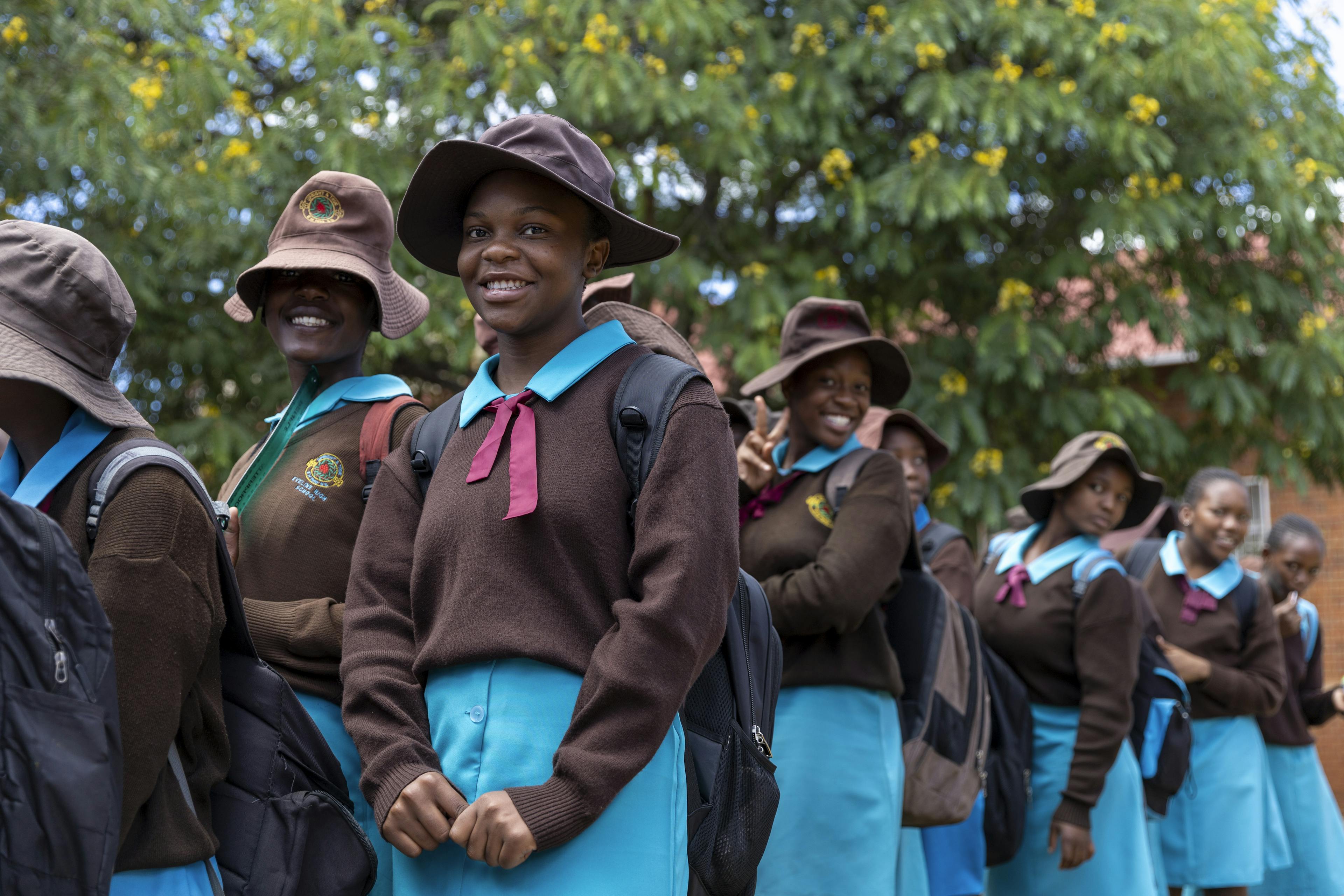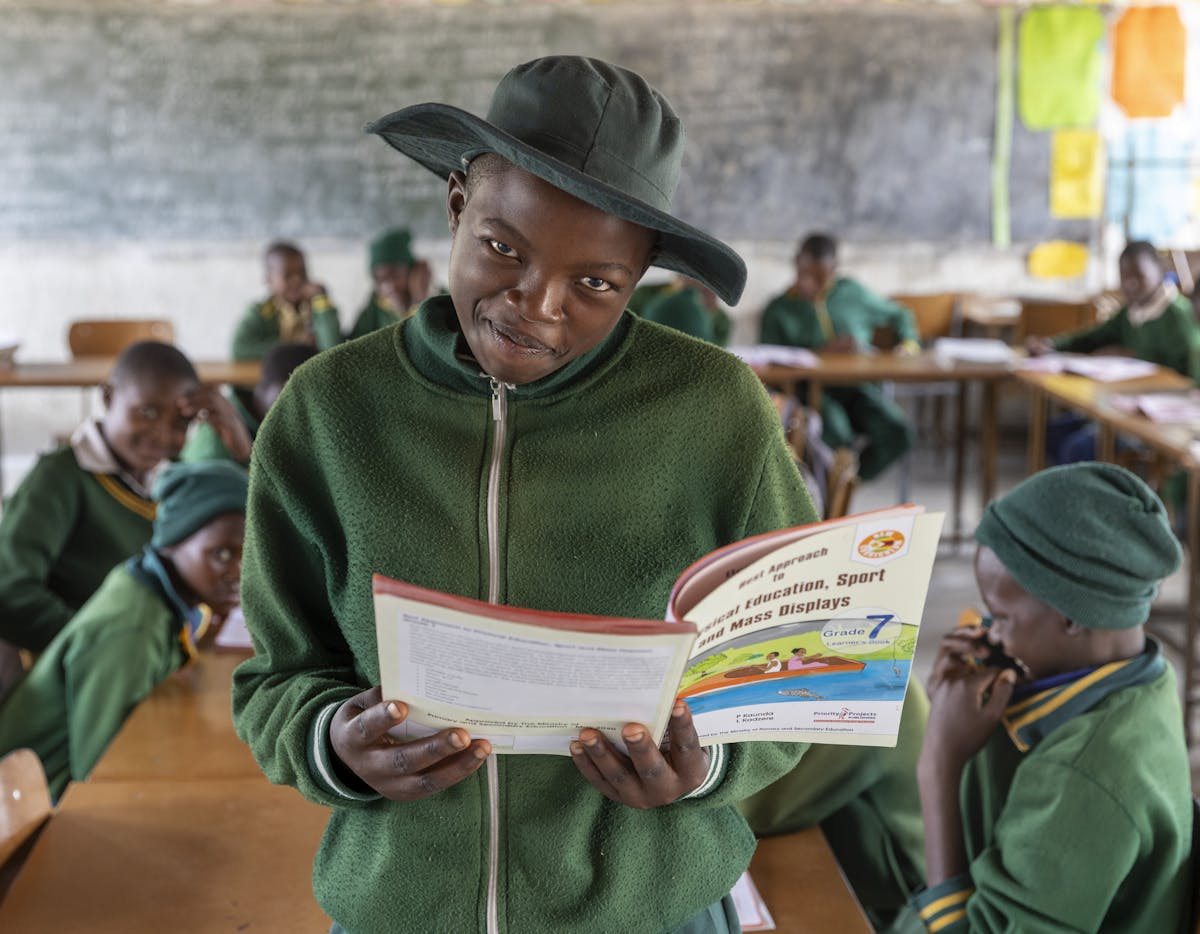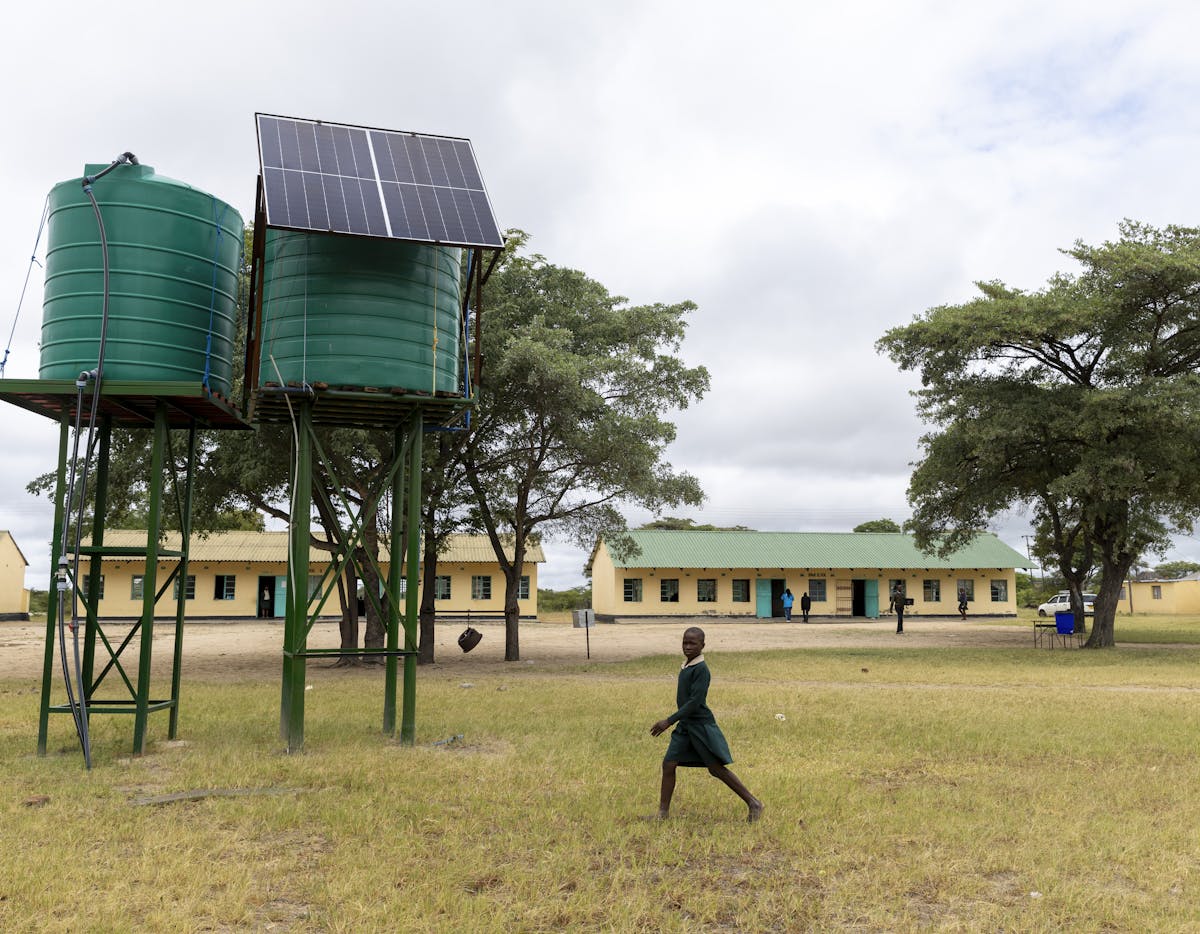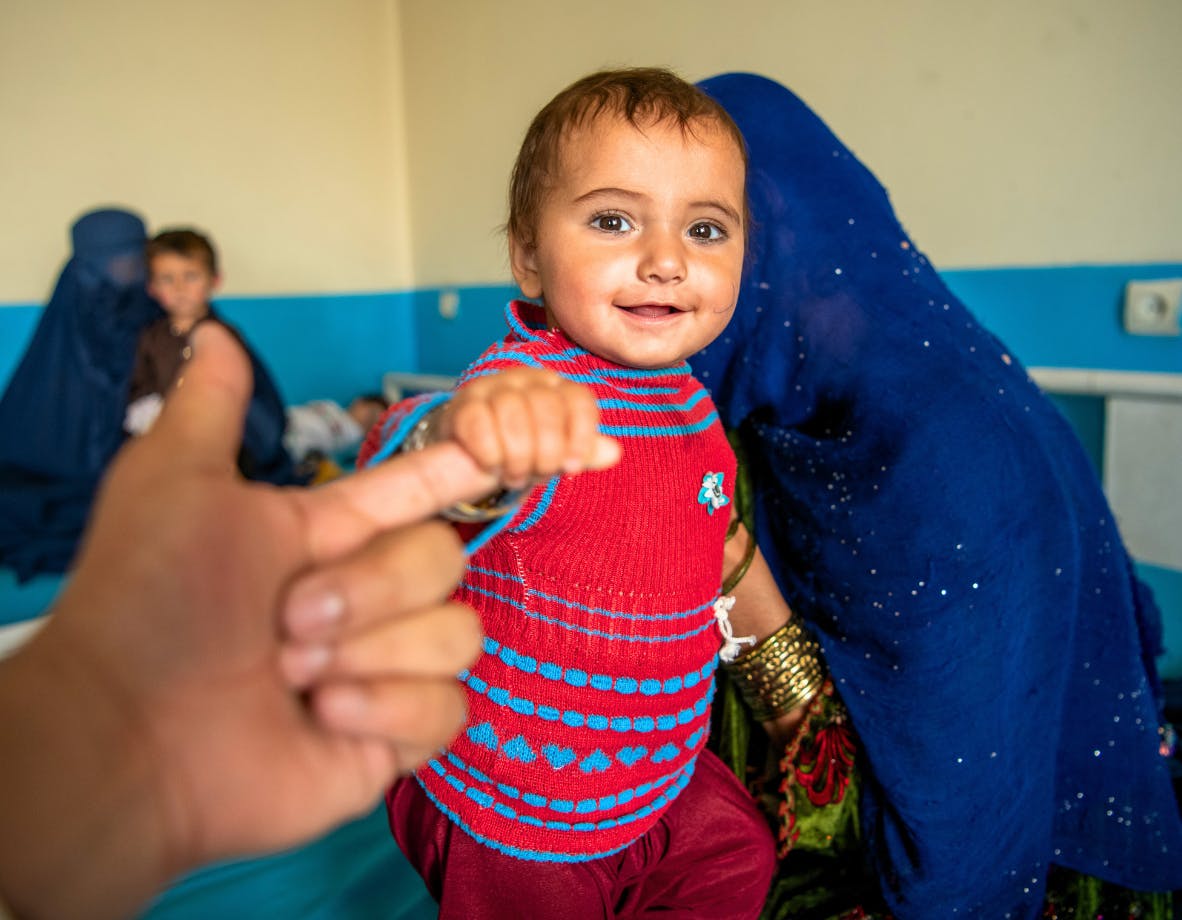
The Good News, April Edition
Home
Stories
The Good News, April edition
This second edition of The Good News ties in with Earth Day 2024, an annual day to demonstrate our commitment to environmental protection. In the 54 years since the first Earth Day, on 22 April 1970, the threats to the environment have grown substantially... but so has our knowledge on how to combat them. If we know better, we do better!
This is why for this edition of the Good News we’re focusing on the power of education in the fight against climate change. Educating younger generations is arguably one of the most effective tools in environmental protection and towards a climate-resilient future. And we’re onto it!
Across the globe, we have various projects and initiatives, supported by local partners and governments, that address the challenges of climate change and environmental protection. Our partners also understand the impact education can have in assuring these projects are a success.


Climate Action Clubs in Jordan
Ruffaydah is a child facilitator at the UNICEF-supported Makani Centre in Wadi Al Rayan, Jordan. She started teaching in the centre’s Climate Action Club a few years ago and is a committed advocate in teaching children from a young age how to take care of the environment and the ripple effect this has on their communities.
“When a child learns about climate change, the information stays with them as they grow up and they start to pay attention to their actions and their impact on the environment. Then they can teach those around them about it too,” says Ruffaydah.
UNICEF-supported Climate Action Clubs (CAC's) are run in 47 locations in Jordan in UNICEF-supported Makani Centres and Ministry of Education schools. In 2023, over 6,200 children aged 6-17 years engaged in the Clubs.
Through the Clubs, children gain knowledge on different environmental topics, becoming climate action advocates with their peers, families and wider community. Children also take part in initiatives to tackle environmental challenges in their communities.
“One of the important things I teach here is practical things they can do at home, things like recycling or planting trees,” she says.
This year, UNICEF is planning on further roll-out of the CACs in Makani Centres and schools, in collaboration with the Ministry of Environment, targeting the most vulnerable locations. (CACs are generously funded by the Korea International Cooperation Agency (KOICA)).

The Dream Schools of Zimbabwe
The African Union has called 2024 the Year of Education to transform education in Africa and build resilient education systems to enable inclusive, lifelong, quality, and relevant learning throughout the continent.
Under the leadership of the Ministry of Primary and Secondary Education, UNICEF and its partners in the education sector, including the United Kingdom and the Global Partnership for Education, are rolling out programmes to make this a reality. The goal is to promote access to quality education for all children and to develop all features that constitute a school becoming a Dream School… one that’s climate resilient and green and provides digital learning.
Lifecycle Preparation in Somalia
“Most children in Somalia continue to endure climate-related shocks and protracted conflicts with alarming regularity and often with far-reaching consequences on their health and well-being,” said UNICEF Representative Wafaa Saeed.
The Joint Resilience Programme (JRP), is a multi-partner strategy between UNICEF, the World Food Programme and the Federal Government of Somalia, that was established to assist the most vulnerable children and their families with a complete package of interventions through the life cycle – from pregnancy to adulthood. This will be done through education and health services while simultaneously teaching skills for communities to become more resilient to the effects of climate change on their environment.
Somalia is in a region of the world that has experienced severe climate change in the last few decades and together with socio-political unrest, this has worsened the compounded humanitarian situation. Around half of the country’s population now needs aid assistance as crops were lost, livestock died off and people have become displaced from their homes. People living on the edge of poverty are not able to cope with the situation anymore. As WFP Somalia Country Director Elkhidir Daloum has said, “This Programme builds on the strong foundation established by the Joint Resilience Programme and will enable the steady shift from humanitarian response to enhanced resilience and build the capacity of communities at the frontline of the climate crisis to respond to shocks.”
By 2018, Fatuma Abdulahi Mohamed had lost all her livestock to the drought. She had to leave her home in Hudor, and walk alone with her 9 children, looking for a better life. She eventually reached Kabasa Iinternally Displaced Person’s camp in Dollow. There, two of her nine kids were treated in the Dollow Hospital where they received medicine, therapeutic milk and food and around-the-clock attention for two weeks. Since then, Fatuma’s kids have made a full recovery and she has been tending to the plot of land given to her through the Joint Resilience Programme. She enjoys seeing the vegetables growing over time because it “brings hope.”
“My children are healthy now. I work growing the crops and we can eat. The children go to school. This was new for them, and they are happy,” says Fatuma.

From Jordan to Zimbabwe to Somalia, these are just three examples of how integrating climate resiliency into UNICEF’s education programmes is preparing these communities to weather the storm of the climate crisis. It’s the long-term mahi that in many instances starts out as humanitarian emergency responses but through advocacy and funding transforms into long-term commitments from governments and partners. UNICEF is the enabler in this process and whilst we could never reverse the damage caused by the climate crisis we can support communities through it by means of innovation and empowerment. And education is one of the crucial ways that we do it.


